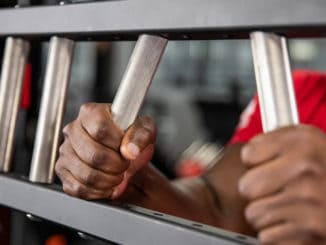
Study: Protect Yourself from Flu with Aerobic Activity
A new research study[1] shows that strenuous-intensity aerobic physical activity for at least 75 min/week has significant health benefits and can help defend against disease and mortality from infectious illnesses. What was the Goal of the Research Study? This study aimed to expand on the influenza and pneumonia findings presented by Zhao and colleagues. In an earlier study they conducted on leisure-time physical activity and cause-specific mortality among National Health Interview Survey (NHIS) participants from 1997 through 2014, they noted that US adults who completed the aerobic and muscle-strengthening guidelines had a 54% lower adjusted risk of influenza and pneumonia mortality, compared to those who didn’t meet any guideline. Influenza and pneumonia rank in the top ten causes of death in [Read more …]

